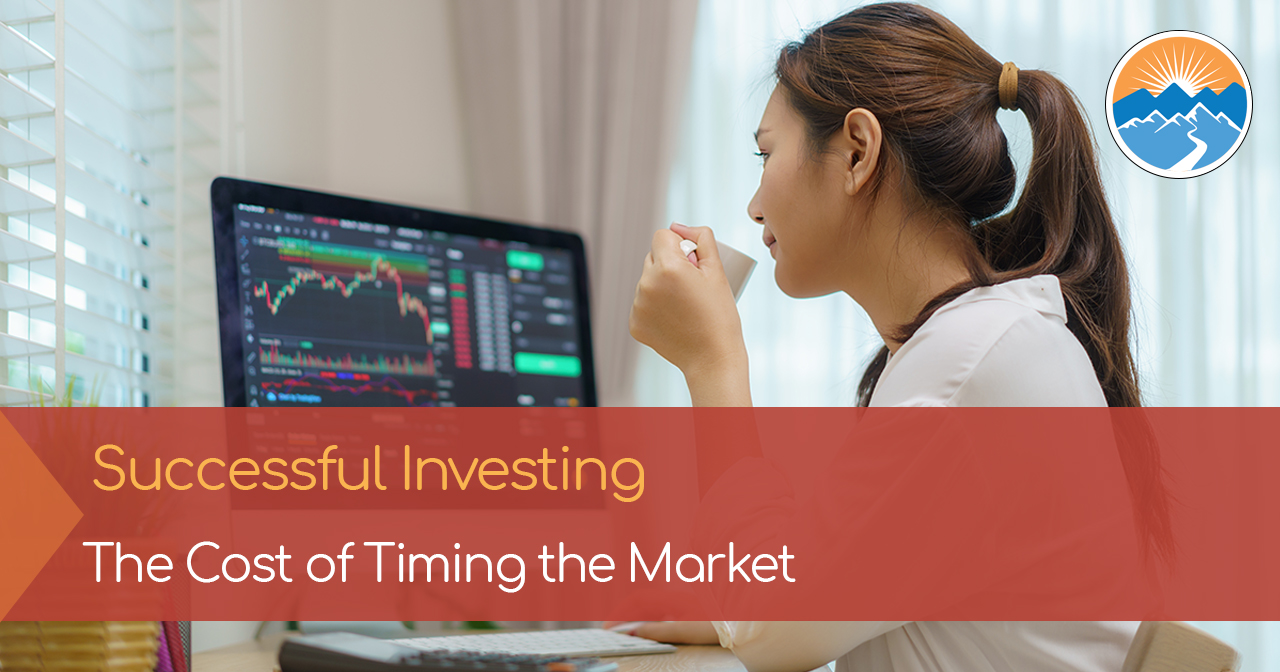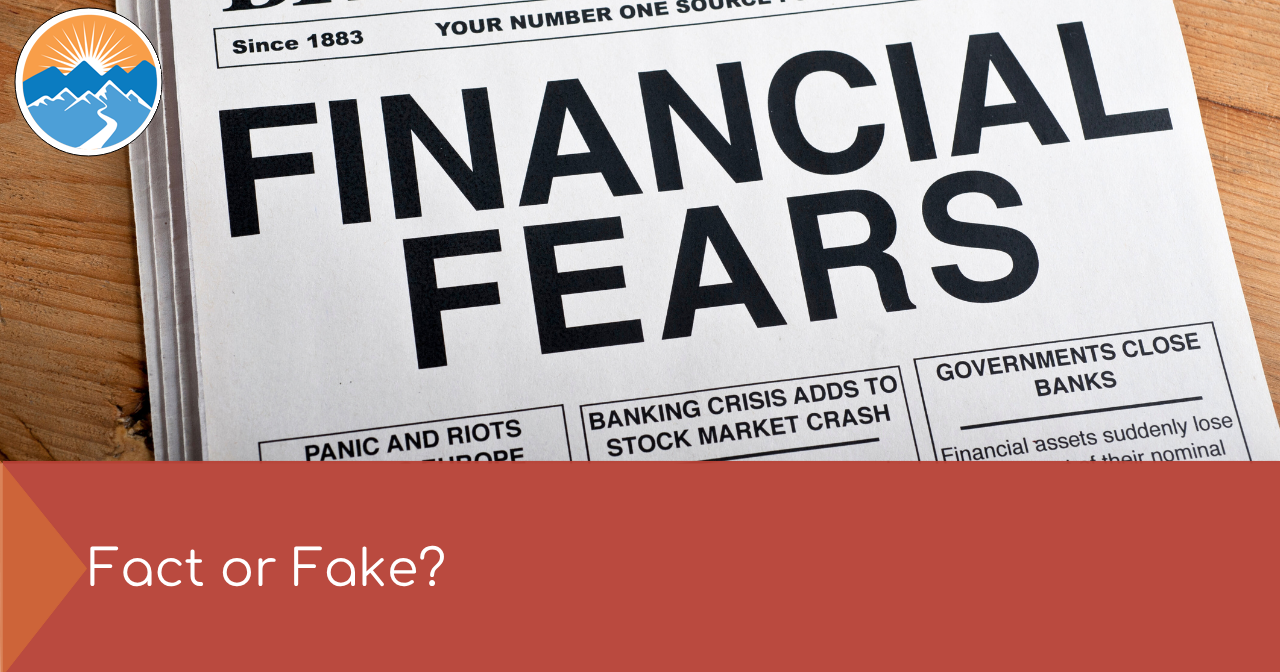It is not unusual for us to be asked whether we should be changing a portfolio of stocks given ‘all the bad news’. Why is it that many investors feel the urge to time the stock market? Since 1950, stocks have been in a bull market 83% of the time – despite all the crises and corrections.1 If you knew that 83% of the time the market would be generating returns, one would think it would be a ‘no-brainer’ to stay invested. But investors spend a lot of time and energy attempting to avoid losses, which ironically, leads to lower long-term performance.
The Cost of Timing the Market
Morningstar recently released their annual ‘Mind the Gap’ report, which compares investor performance with the underlying investments. They found that over the last 10 years investors underperformed the very funds they were invested in by an average of 1.7% per year.2 This finding is not unique as it confirms what Vanguard also found.3
This underperformance is largely attributed to the timing of purchases and sales of securities. Investors are influenced to buy after things go up (chasing what is hot) and sell after experiencing losses as investors attempt to “get to safety.” The Vanguard Advisor’s Alpha article reviews that an Advisor can add up to, or even exceed, 3% in net returns. 3. Why is this? We are not wired to your brain.
Thank Your Brain
Our desire to avoid all losses, even losses that may be temporary, is driven by the way we are hardwired. Our brains are sensitive to financial loss because they are viewed as a threat. They threaten our comfort and potentially our livelihood. And what does the brain do with a threat? It seeks to avoid and eliminate it. Therefore, the urge to time the market is completely normal and natural. But that doesn’t mean it is beneficial.
Investors may wish to exert greater control over these urges so they can make better investment decisions. I think that is a wonderful endeavor, but it is difficult! You need almost superhuman willpower to overcome these innate urges. I have identified two ways that make it easier to control the urges to time the market:
- Don’t watch the markets. If you don’t look, the urges lose their power.
- Talk with us – that is what we are here for. Timely perspectives can help investors remain grounded and ensure decisions are in line with their plan.
©The Behavioral Finance Network and K. Esther Szabo, CFP®, CeFT® Gates Pass Advisors
- Callie Cox, eToro, tweeted data on June 12, 2023 found at https://twitter.com/callieabost/status/1668360824593809410?utm_source=substack&utm_medium=email
- Morningstar, Mind the Gap, July 31, 2023
- Vanguard, Advisor’s Alpha, July 2022
| Categories:




